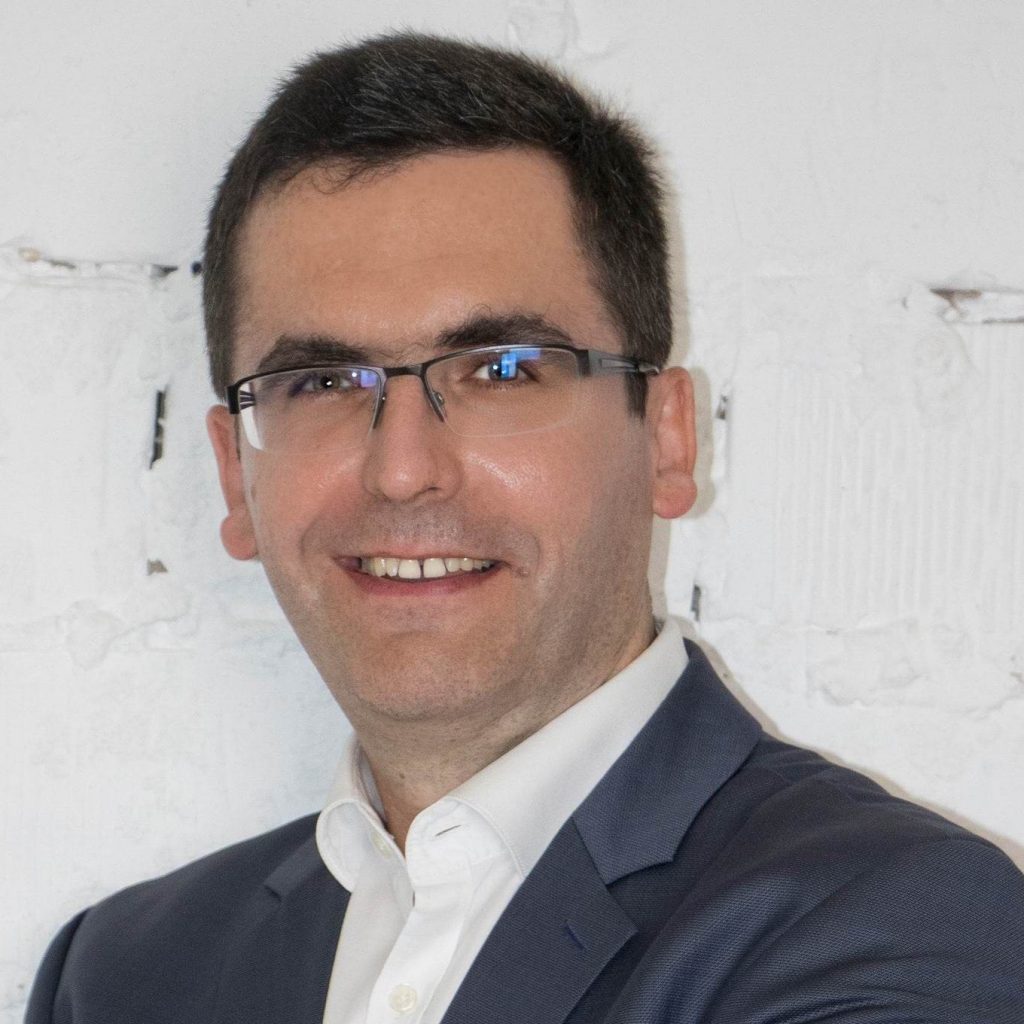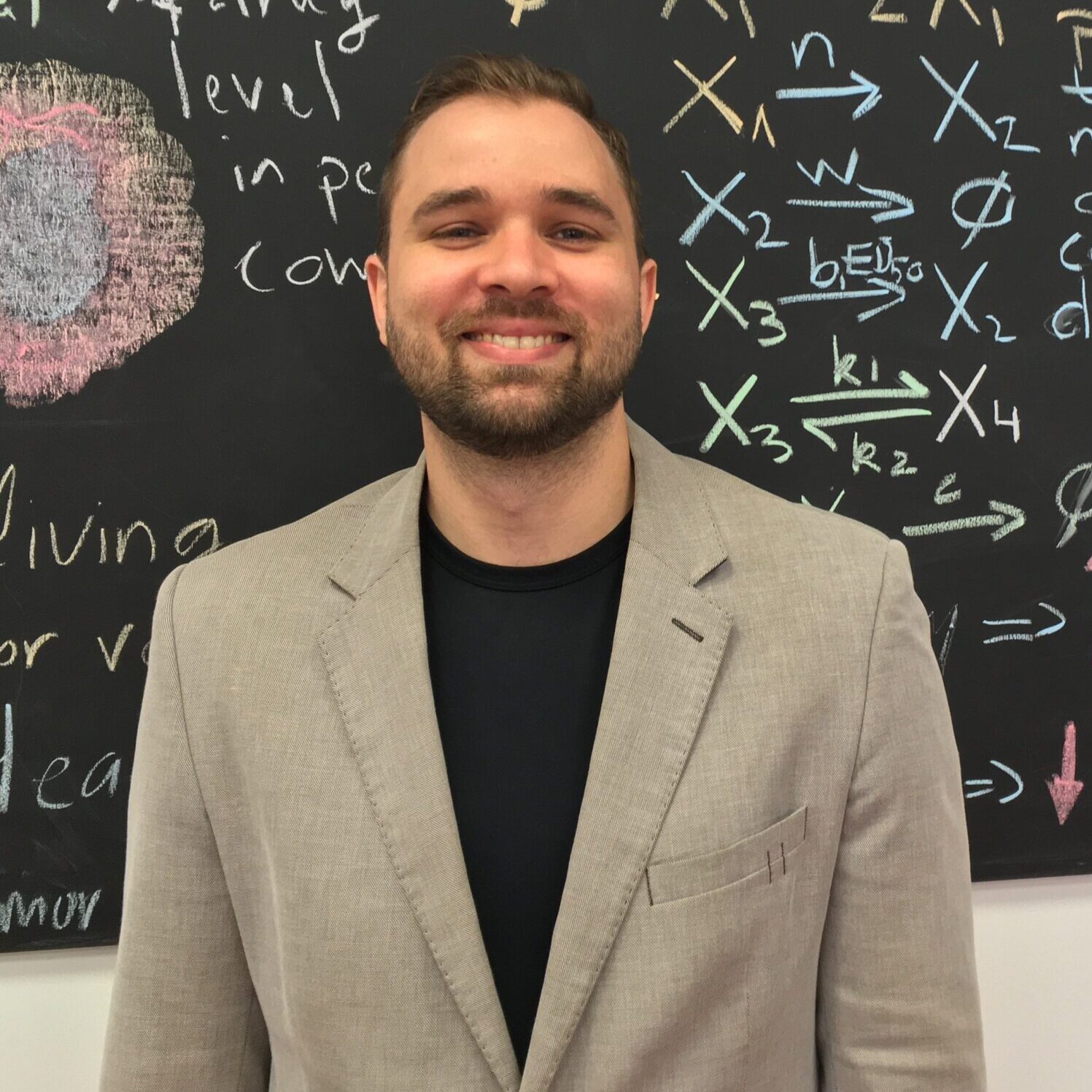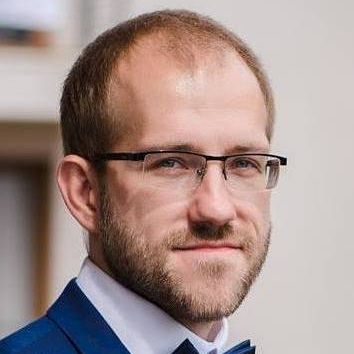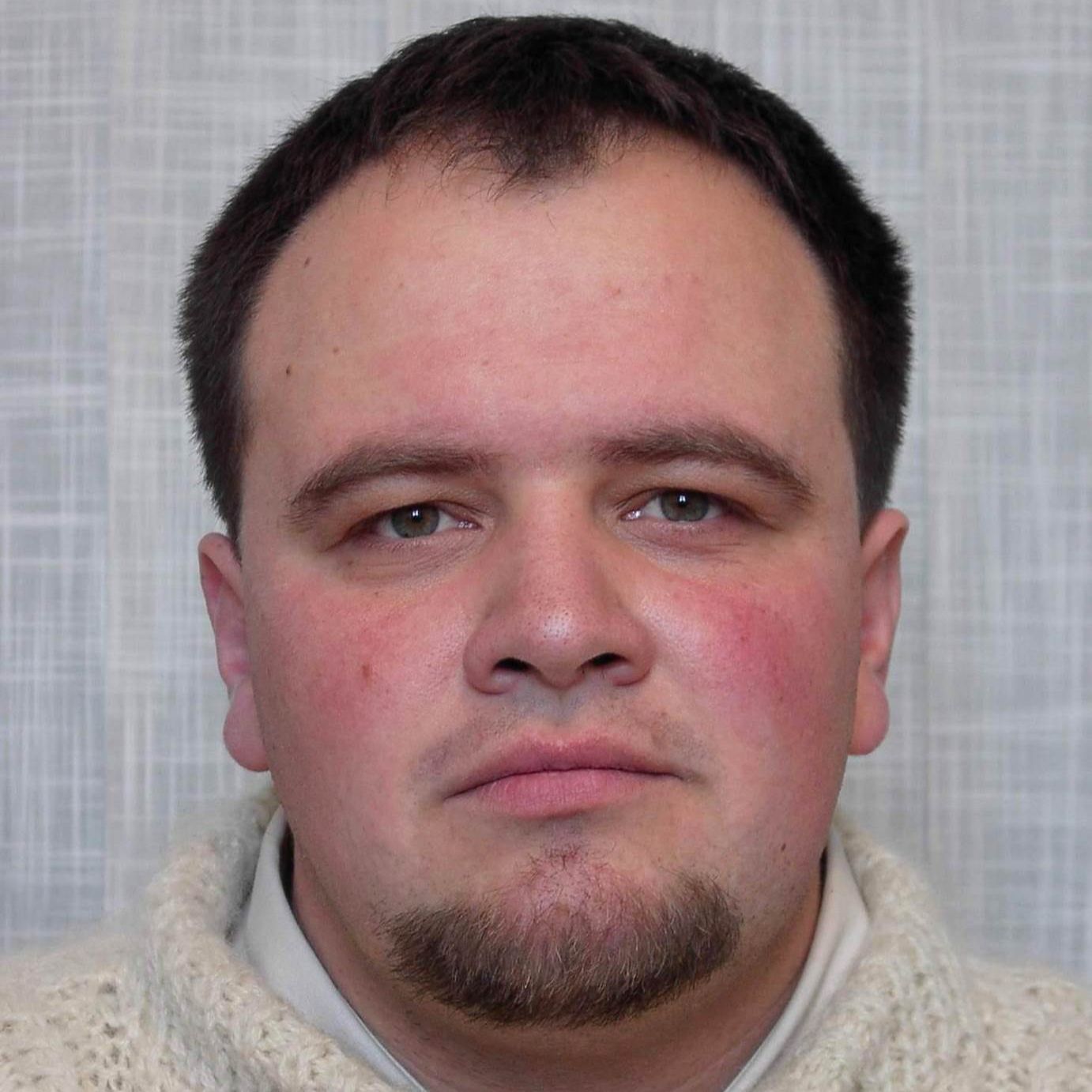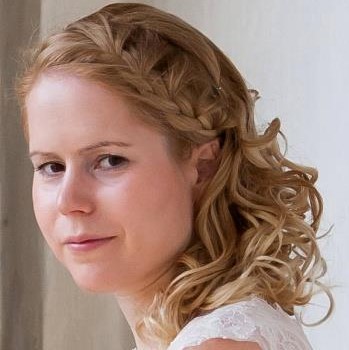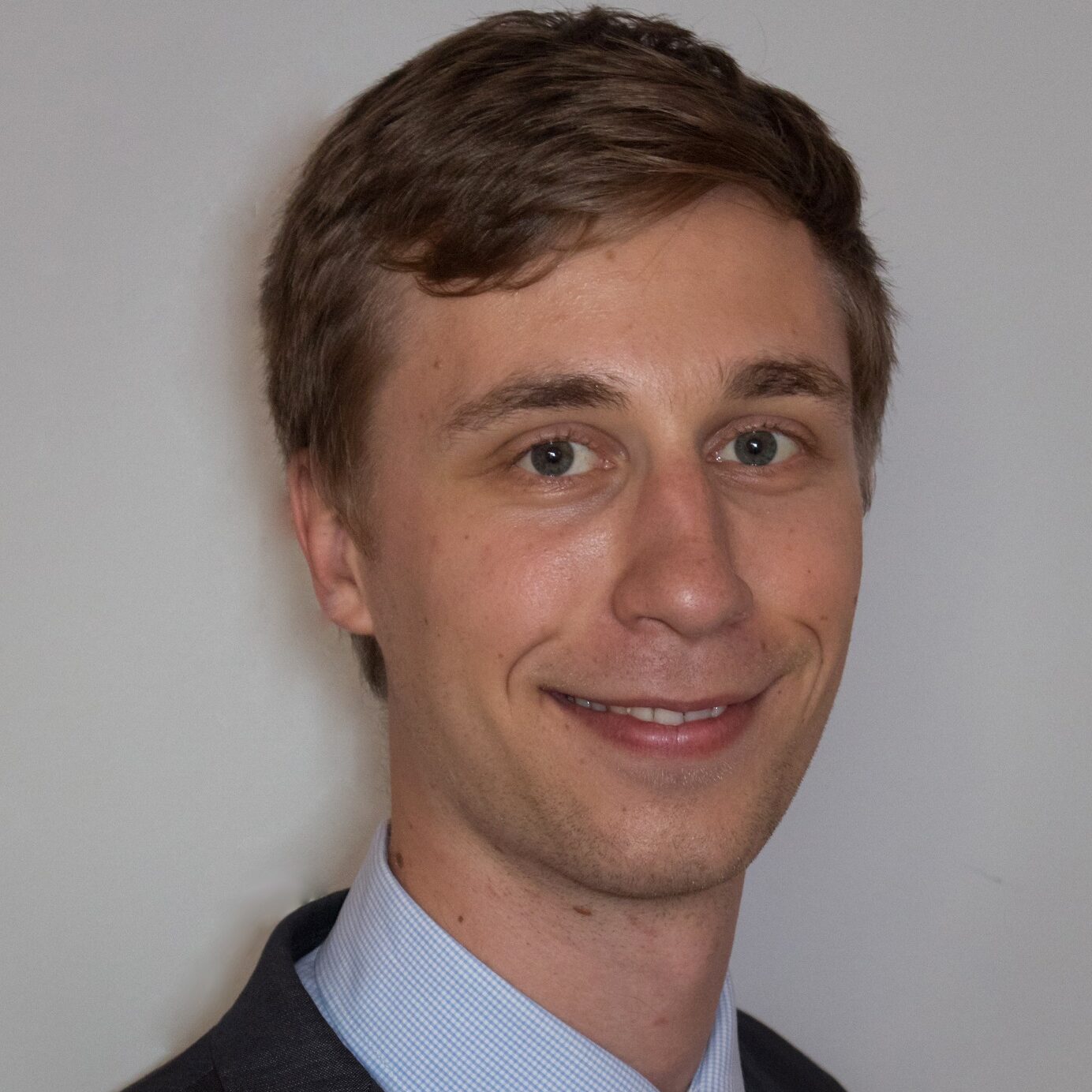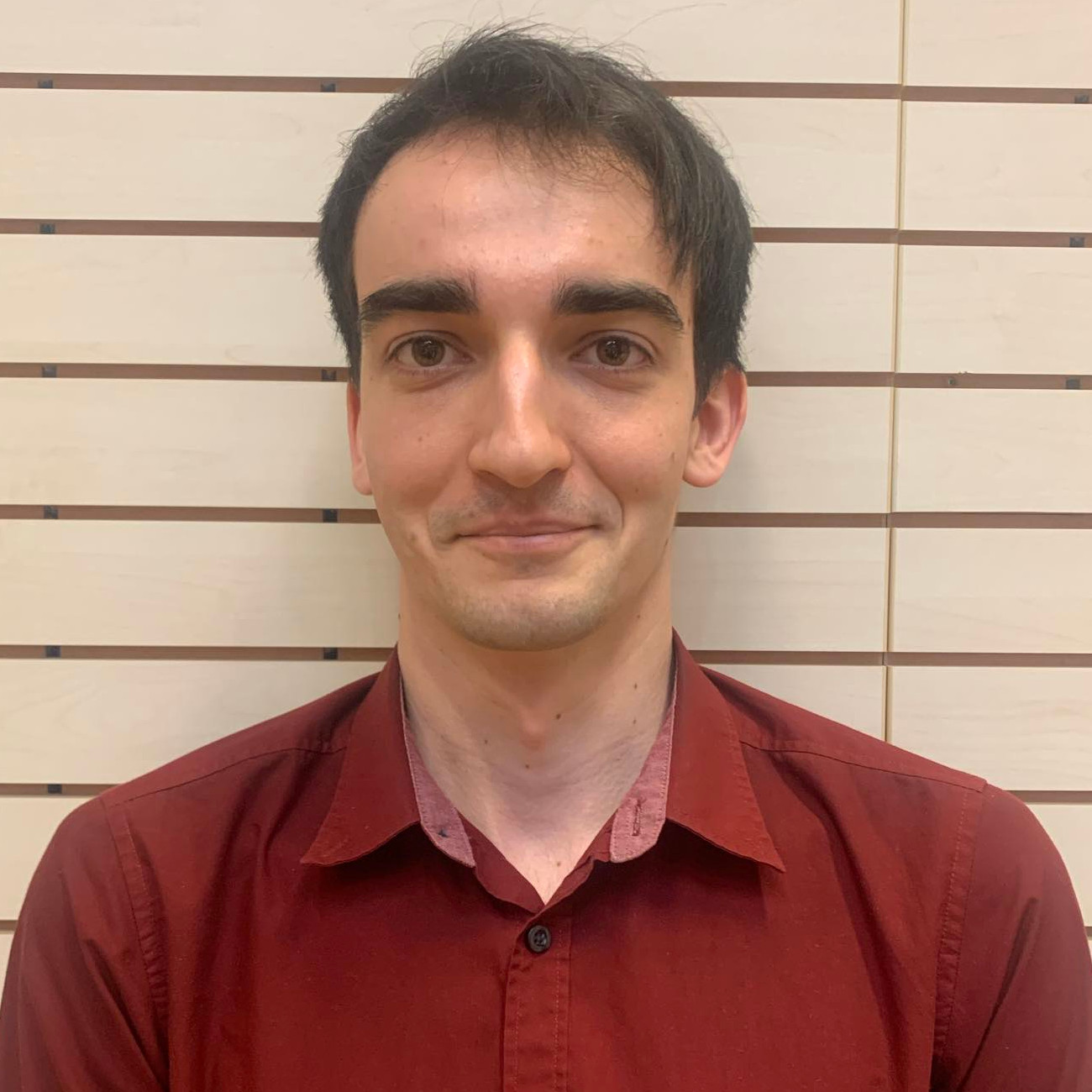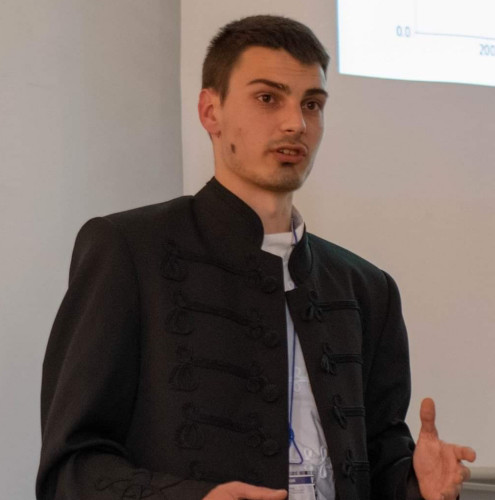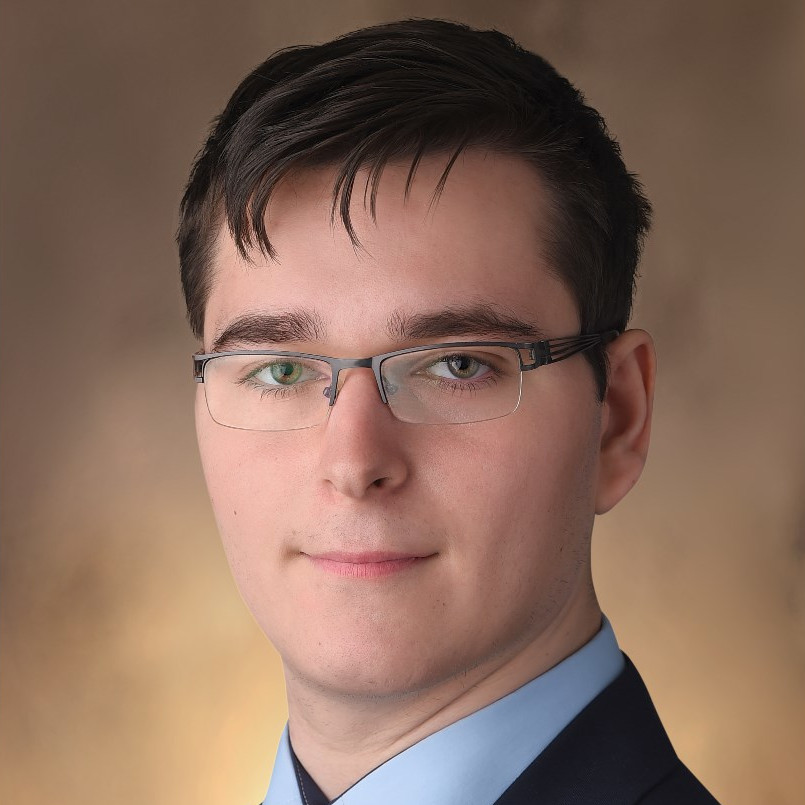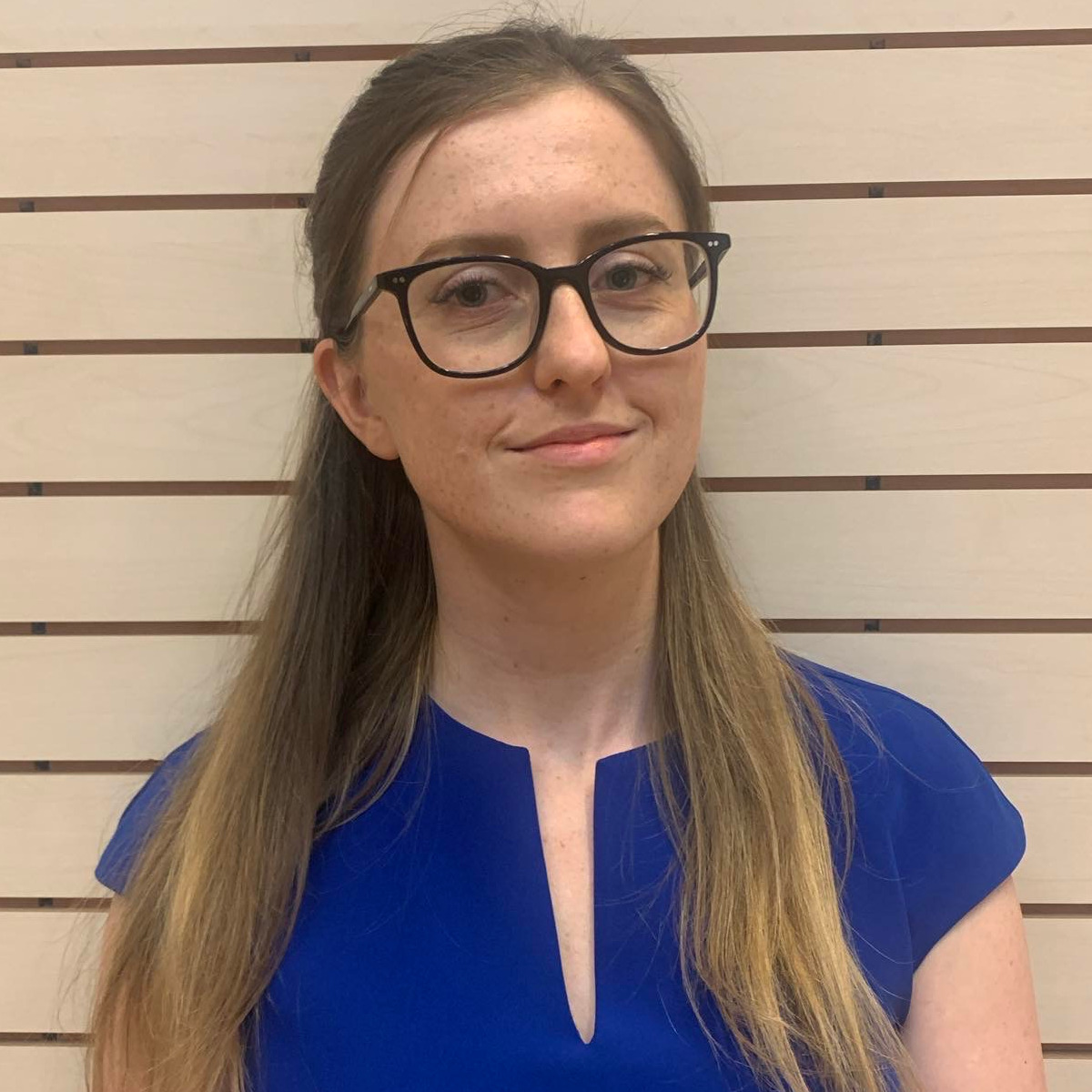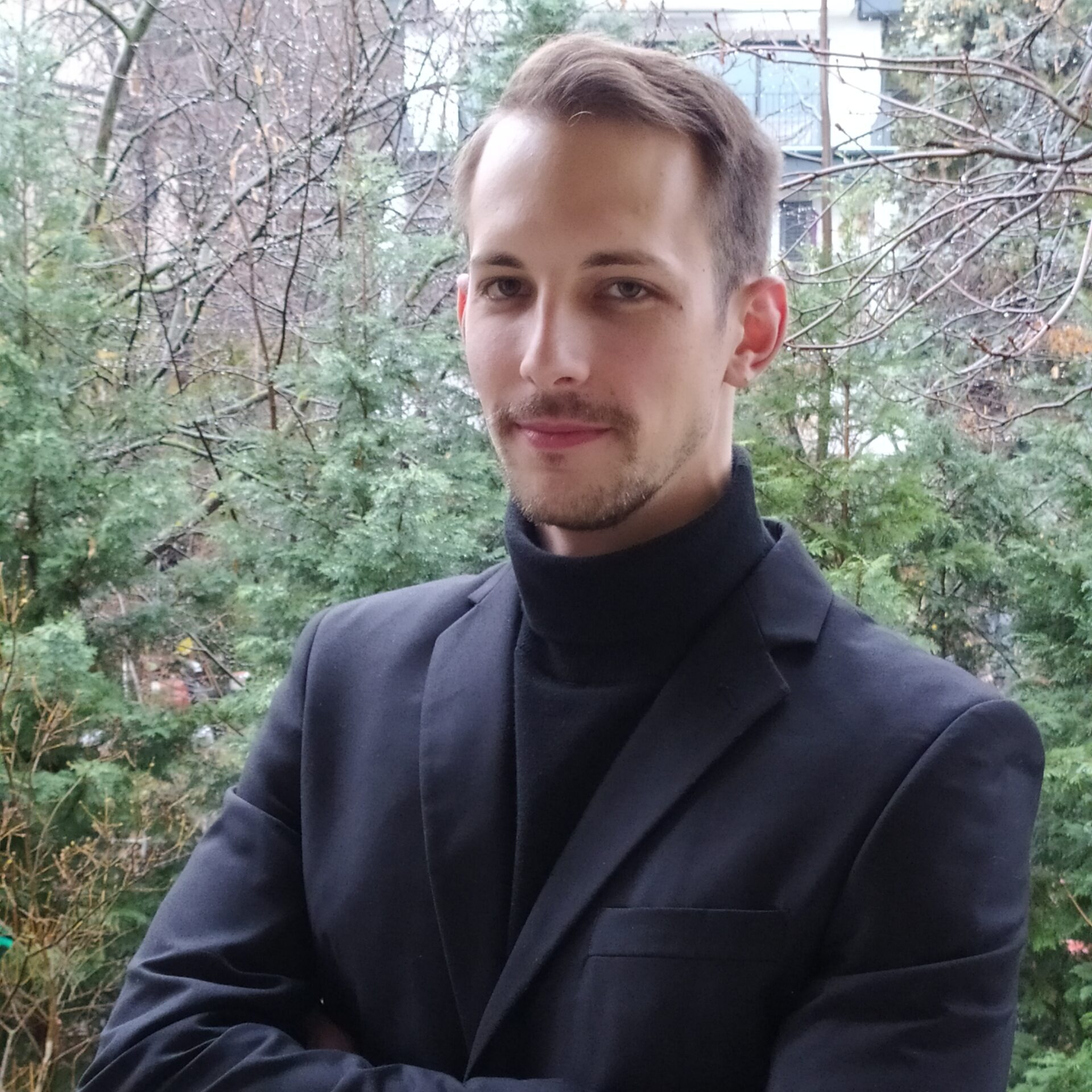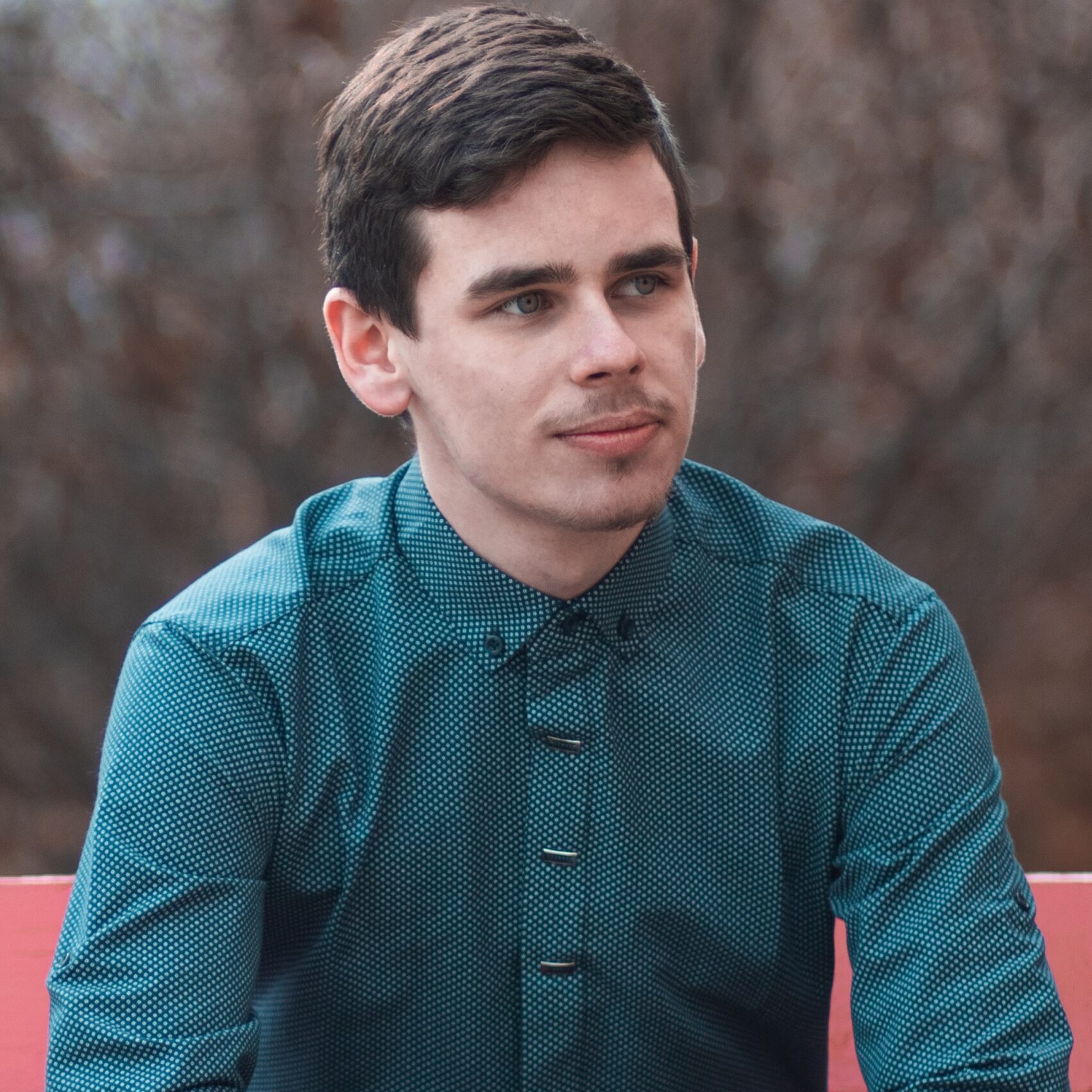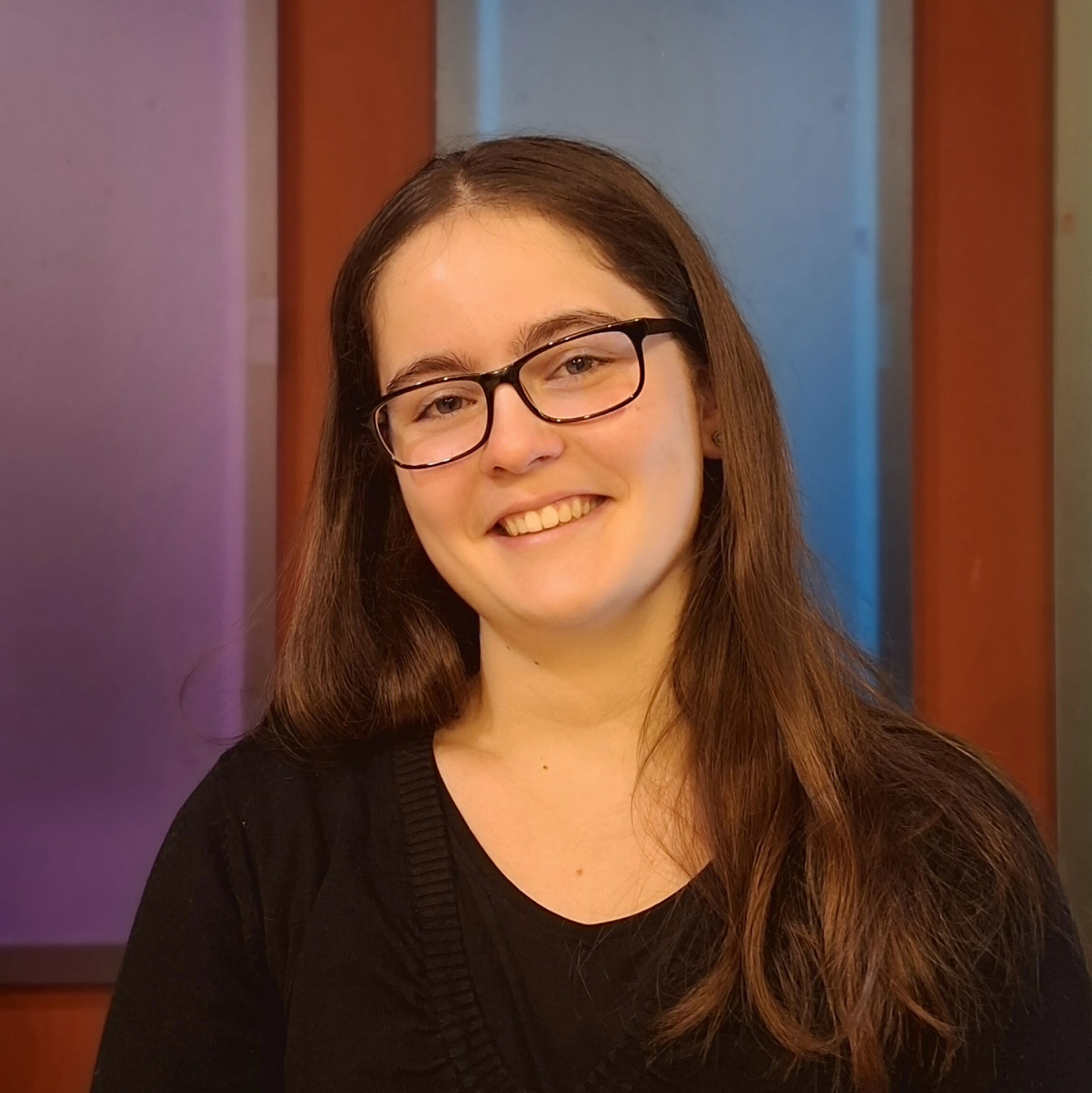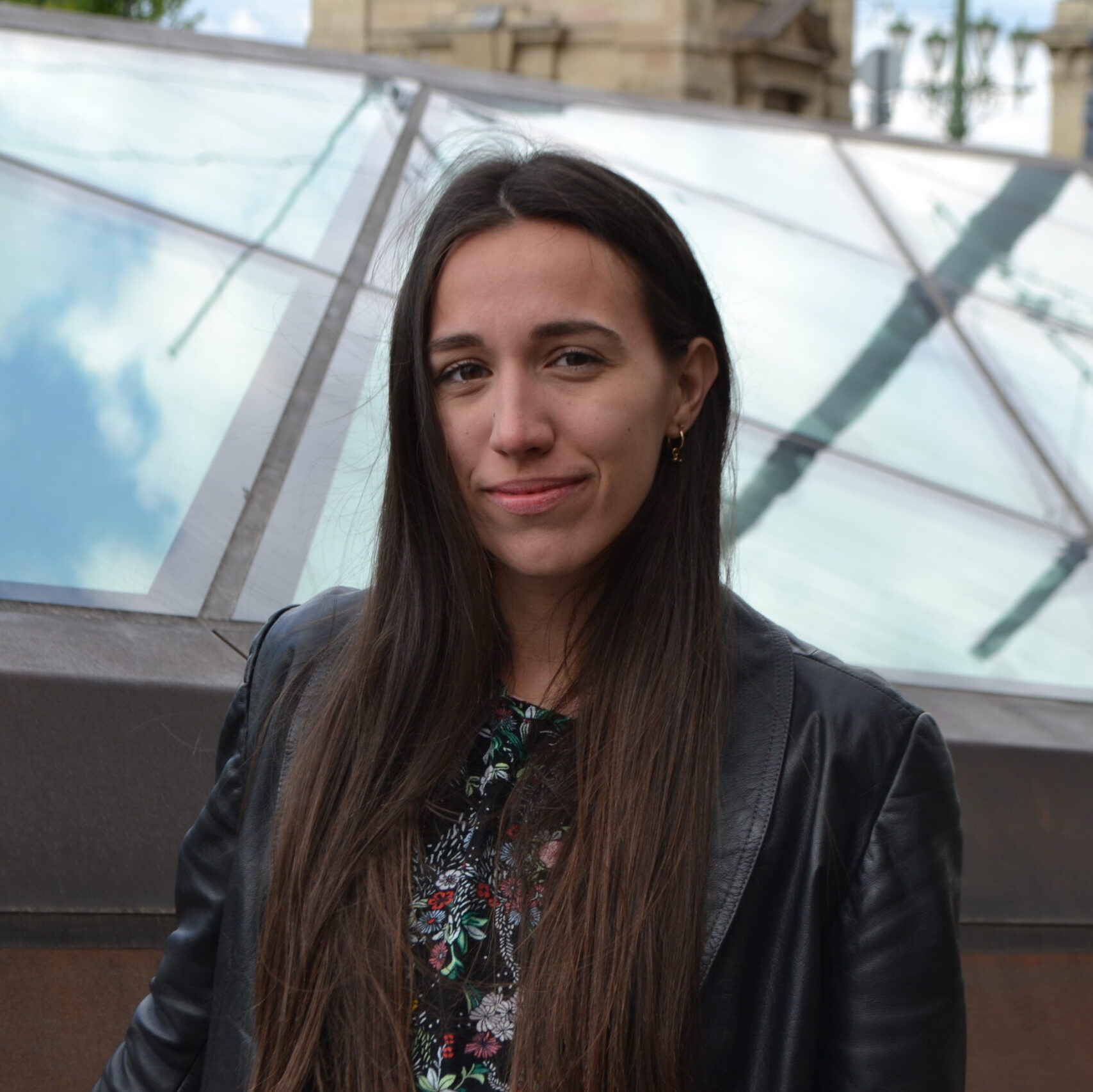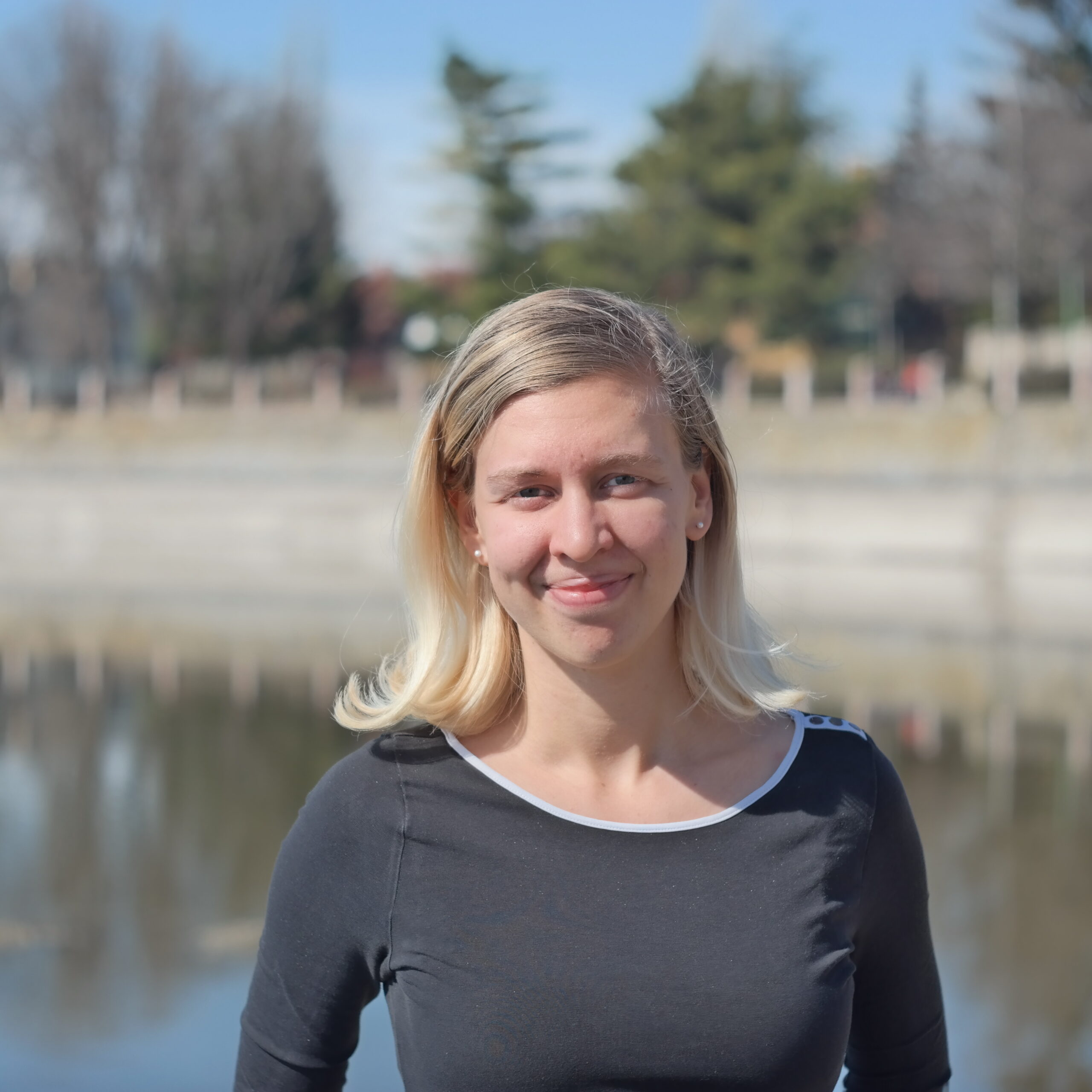What is PhysCon?
The Physiological Controls Research Centre (PhysCon) works in the interdisciplinary field of biomedical engineering, mainly in the area of physiological modelling, simulation and control, effectively supporting the development of medicine (both from a research and clinical point of view) by providing the actual knowledge of engineering.
The main research areas of PhysCon are related to diabetes (artificial pancreas), haemodialysis, biostatistics (evidence-based medicine) and cancer. For the latter, the PhysCon team has benefited from an EU ERC StG grant.
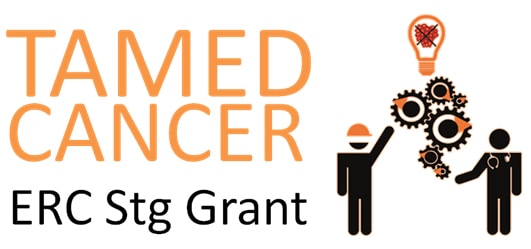
RESEARCH DATA
GENERAL INFORMATIONS
Research area
Engineering interdisciplinary research
- Antiangiogenic therapy is aimed at stopping tumour angiogenesis (i.e. the development of the vasculature); therefore, at stopping tumour growth.
- Modern robust control algorithms provide automated drug delivery
Conception
Present and future
- In current clinical practice, there are general protocols for cancer therapies (such as chemotherapy, radiotherapy):
- these treatments are associated with frequent and serious side effects,
- are not cancer-specific and are not personalized to the patient,
- Treatment costs are low but use is not optimal.
- Our concept: control-based, personalised treatment
- these treatments have virtually no side effects,
- it provides personalised delivery of cancer-specific (anti-angiogenic) drugs,
- the cost of treatment is sufficiently low due to optimal drug dosing.
Objectives
Model identification and controller design
- Create a mathematical tumour growth model under angiogenic inhibition, based on animal studies
- Constant and variable quasi-continuous low-dose therapy protocol
- Design optimal robust control algorithms for continuous low-dose therapy
Impact
Opening new horizons in cancer treatment
- Improve the effectiveness of cancer therapy
- Reduce treatment costs
- Minimise the side effects of therapy
- Improve the patient’s quality of life (QoL)
Topic
- ERC-StG-2015
Title of the proposal
- Personalised cancer therapy using a model-based optimal robust control algorithm
Offer number
- 679681
Proposed acronym
- Tamed cancer
Duration in months
- 60
Project starting date
- 01.07.2016
Amount of aid
- ca. 1 million EUR
Keywords
- dern robust control
- LPV model
- identification of the model
- targeted molecular therapy
- anti-angiogenic therapy
Host institution
- Óbuda University
Responsible department in the host institution
- John von Neumann Faculty of Informatics
Main Host
- Prof. Dr. habil Levente Adalbert Kovács
Partner institution
- Semmelweis University
Contact for the partner organisation
- Semmelweis University
